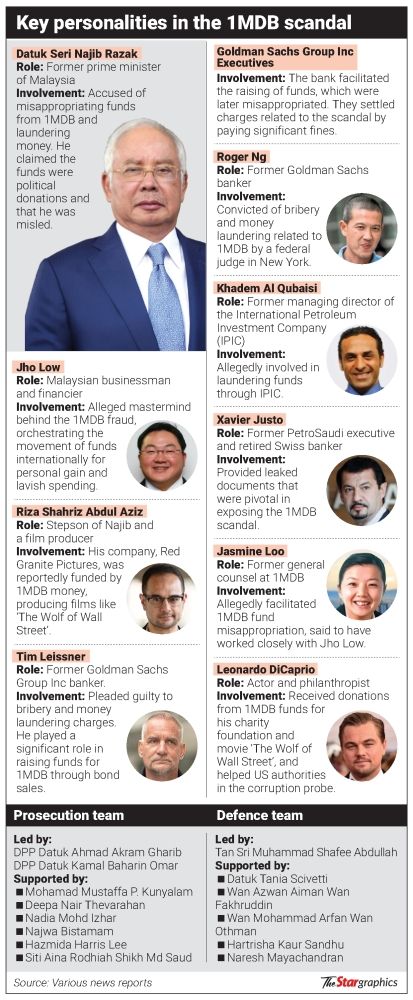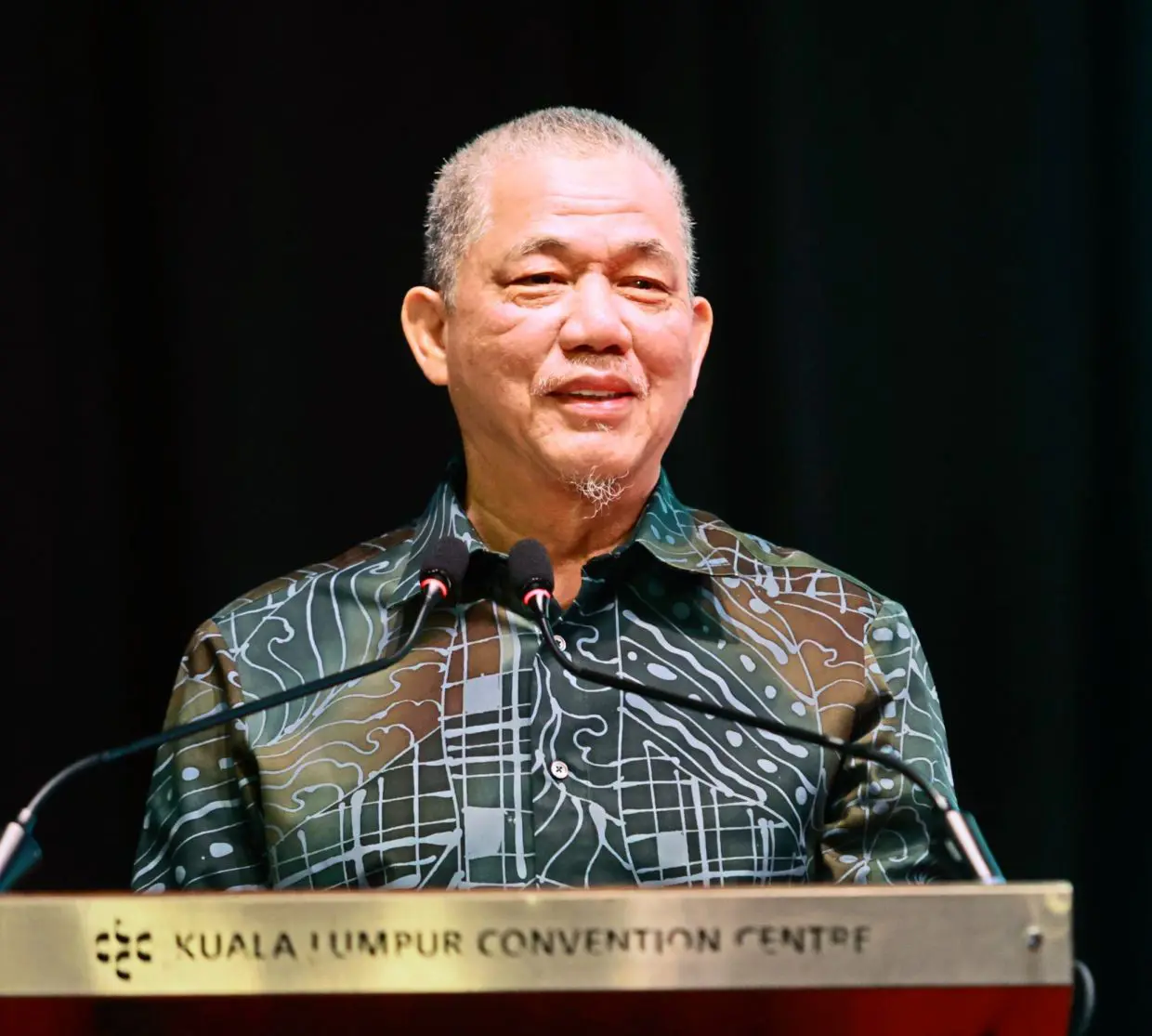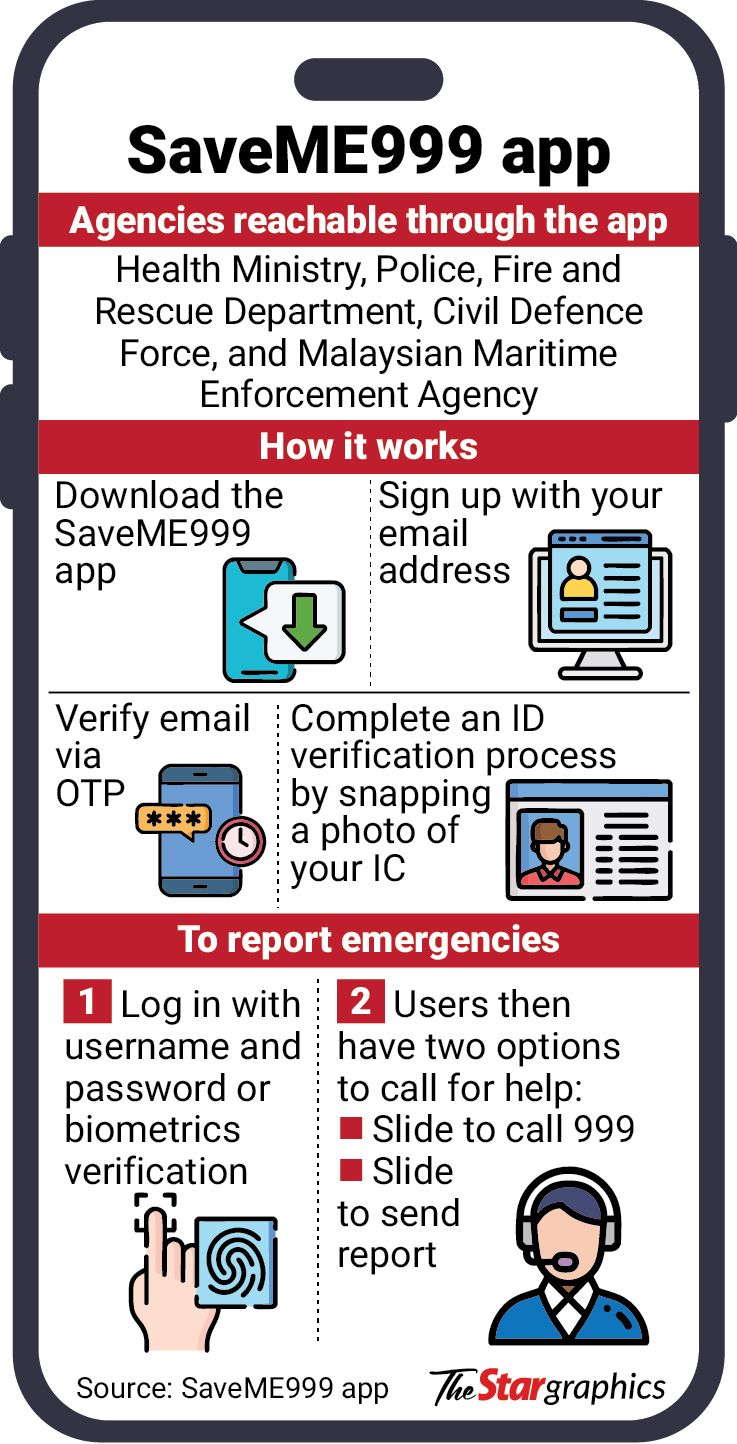
Judge rules defence failed to raise reasonable doubt on power abuse, money laundering charges involving RM2.3b
PUTRAJAYA: Former prime minister Datuk Seri Najib Razak has been found guilty on all 25 charges in his corruption trial linked to the misappropriation of RM2.3bil from 1Malaysia Development Bhd (1MDB).
The historic judgment by the High Court, in one of the most closely watched trials in the country, marks a major victory for the prosecution in the sprawling 1MDB saga which has drawn intense domestic and international scrutiny.
Najib, 72, was convicted on four charges of abusing his power and 21 counts of laundering funds belonging to 1MDB.
The verdict was handed down yesterday by trial judge Justice Collin Lawrence Sequerah (pic), who has since been elevated to the Federal Court.
He took more than five hours to read the judgment.
The judge found that the prosecution had succeeded in proving every one of the 25 charges against Najib beyond a reasonable doubt.
Najib had faced four charges of using his position to obtain RM2.3bil in bribes from 1MDB funds through the AmIslamic Bank Bhd branch in Jalan Raja Chulan between Feb 24, 2011, and Dec 19, 2014.
These charges were brought under Section 23(1) of the Malaysian Anti-Corruption Commission (MACC) Act 2009, which carries up to 20 years’ imprisonment and a fine of either five times the amount of the bribe or RM10,000, whichever is higher, upon conviction.
Najib also faced an additional 21 counts of money laundering at the same bank between March 22, 2013, and Aug 30, 2013.
These charges were framed under Section 4(1)(a) of the Anti-Money Laundering, Anti-Terrorism Financing and Proceeds of Unlawful Activities Act 2001, which carries a maximum penalty of five years’ imprisonment, a fine of up to RM5mil, or both.
Throughout the proceedings yesterday, Najib, sporting a blue suit, remained composed as his wife Datin Seri Rosmah Mansor, daughters Nooryana Najwa and Puteri Norlisa, and sons Datuk Mohd Nazifuddin and Datuk Mohd Nizar watched on,
Deputy public prosecutors Datuk Ahmad Akram Gharib and Datuk Kamal Baharin Omar led the prosecution while Tan Sri Muhammad Shafee Abdullah represented the former prime minister.
Najib was first charged on Sept 20, 2018.
The trial commenced on Aug 28, 2019, with the prosecution formally closing its case on May 30, 2024.
The high-profile seven-year trial saw 50 prosecution witnesses including former Bank Negara governor Tan Sri Zeti Akhtar Aziz, former 1MDB chief executive officer Datuk Shahrol Azral Ibrahim Halmi, former 1MDB chairman Tan Sri Mohamad Bakke Salleh, former 1MDB general counsel Jasmine Loo Ai Swan and MACC investigating officer senior Supt Nur Aida Ariffin.
On Oct 30, 2024, the High Court ruled that the prosecution had established a prima facie case and ordered Najib to enter his defence on all charges.
The defence case was heard over a 58-day period from Dec 2, 2024, to May 6, 2025, during which a total of 26 witnesses testified.
Key witnesses for the defence included former 1MDB chairman Tan Sri Che Lodin Wok Kamarudin, Tengku Datuk Rahimah Sultan Mahmud, a sister of the Sultan of Terengganu, and former minister in the Prime Minister’s Department Datuk Seri Jamil Khir Baharom.
The hearing of oral submissions at the end of defence case concluded on Nov 4.
Najib is presently incarcerated at Kajang Prison, where he is serving a sentence for the misappropriation of RM42mil from SRC International Sdn Bhd.












